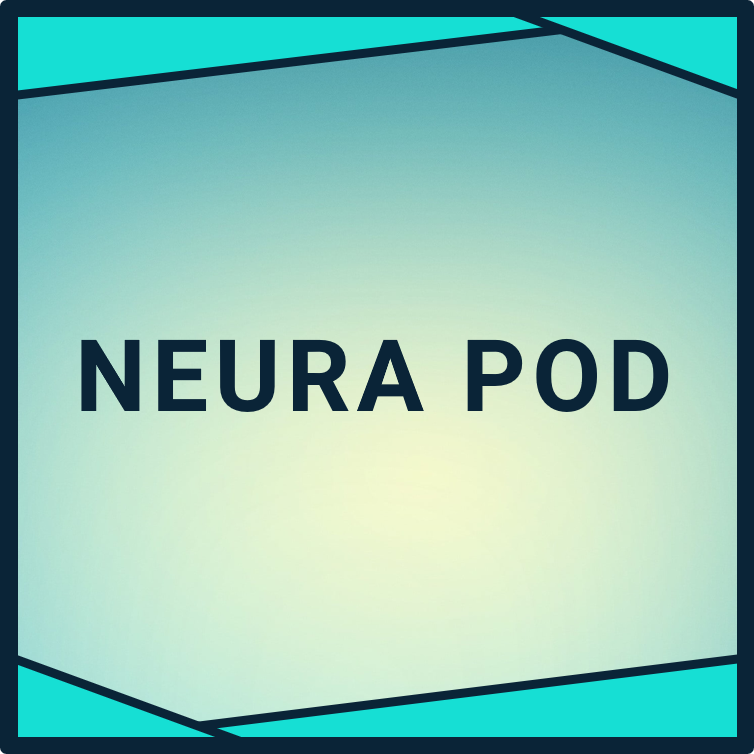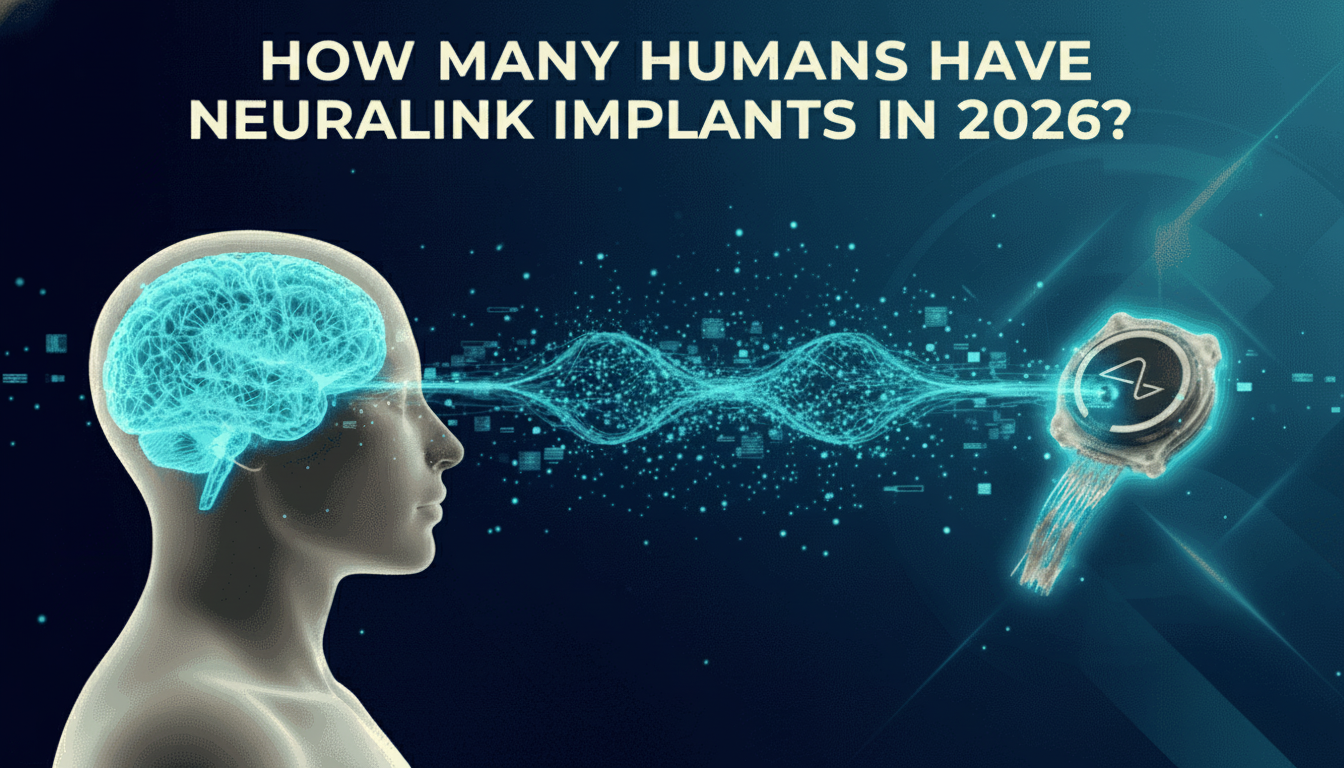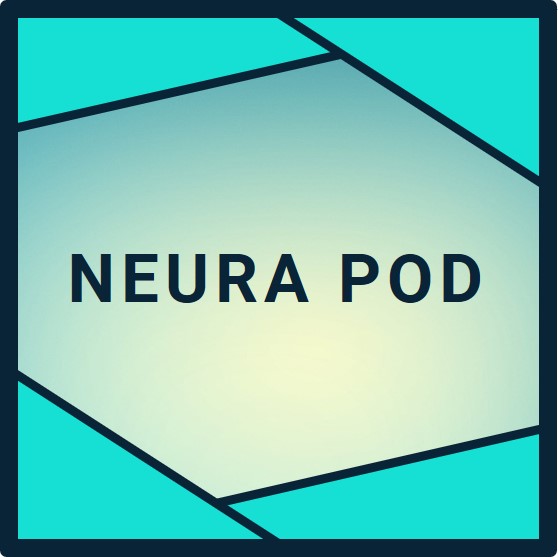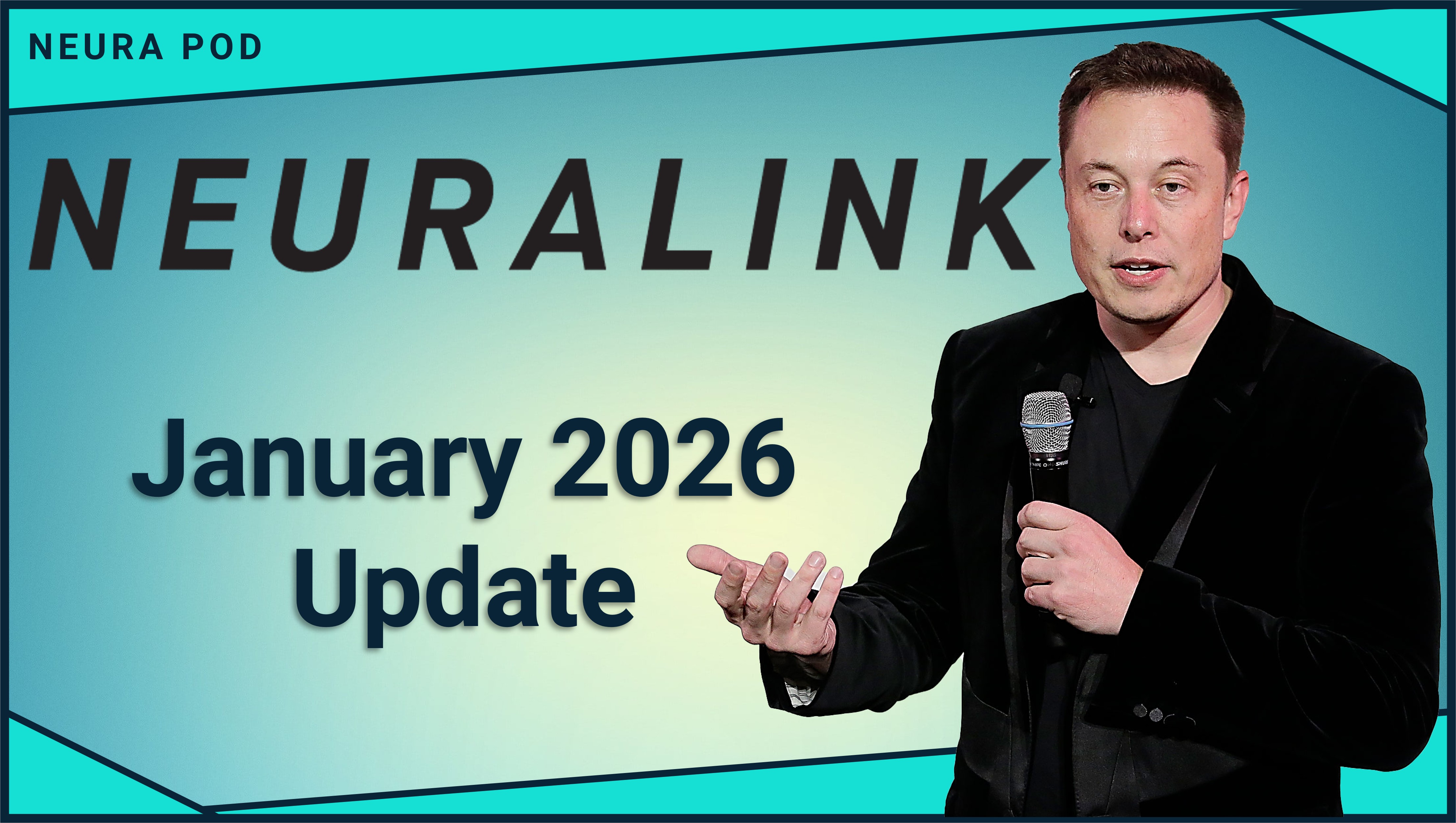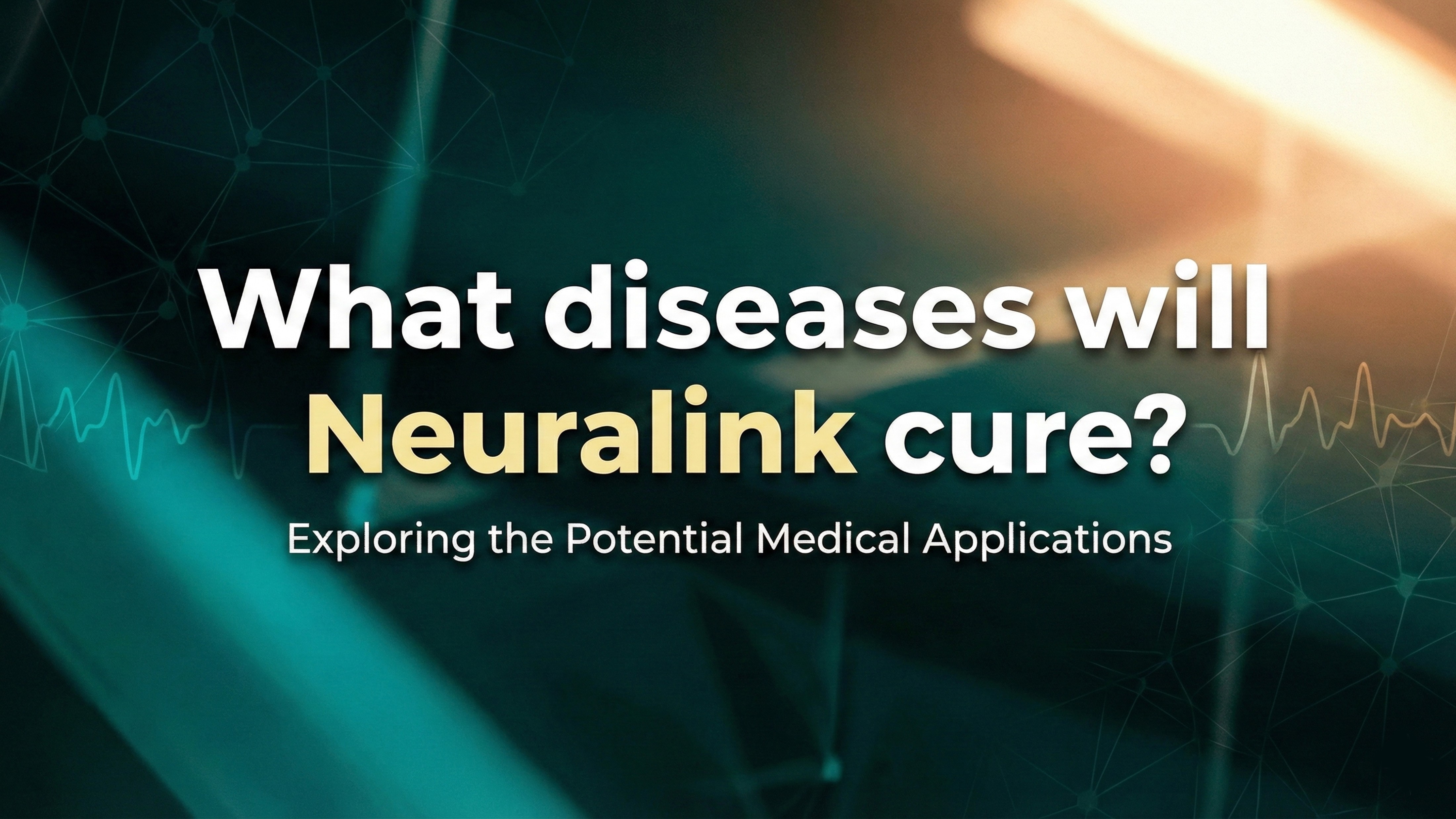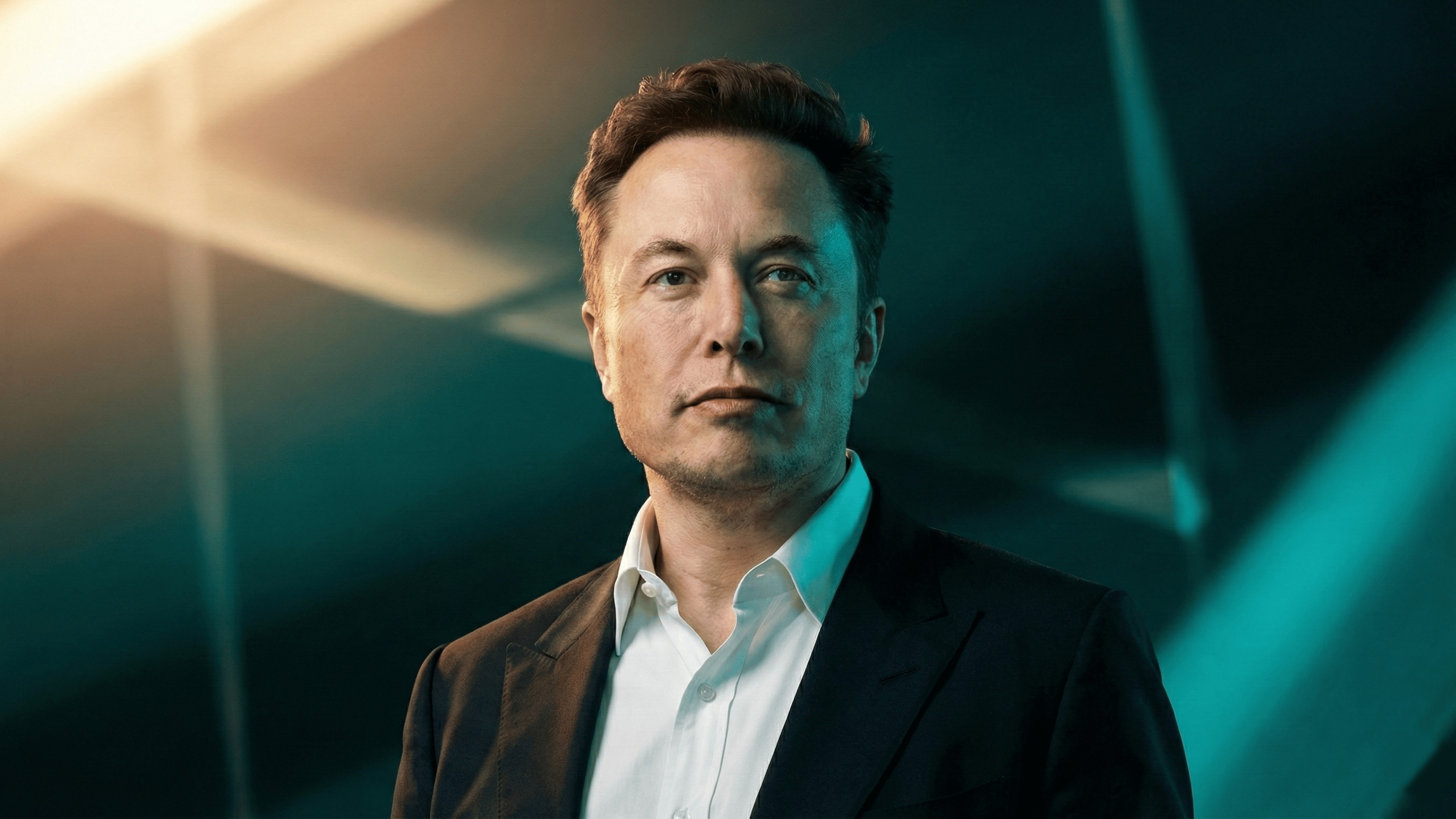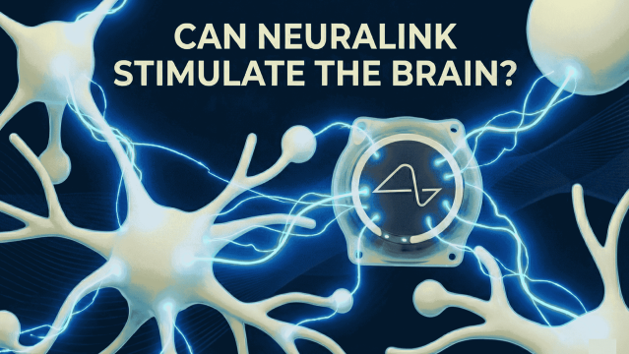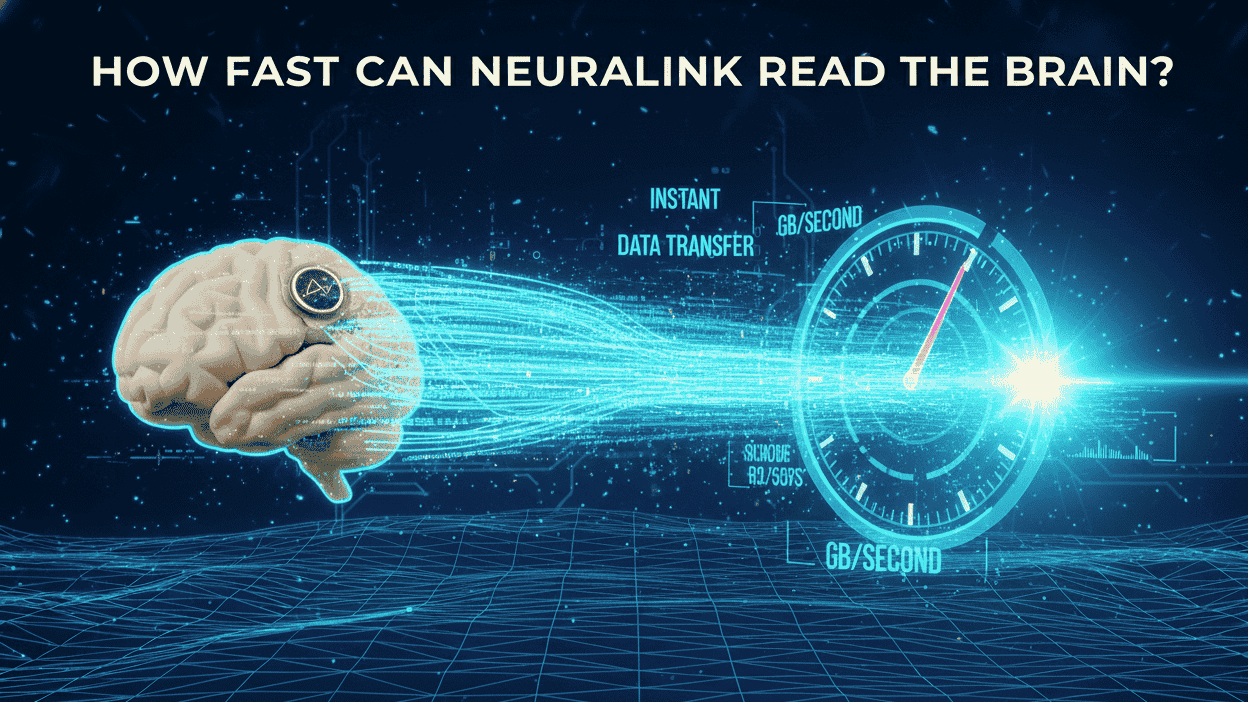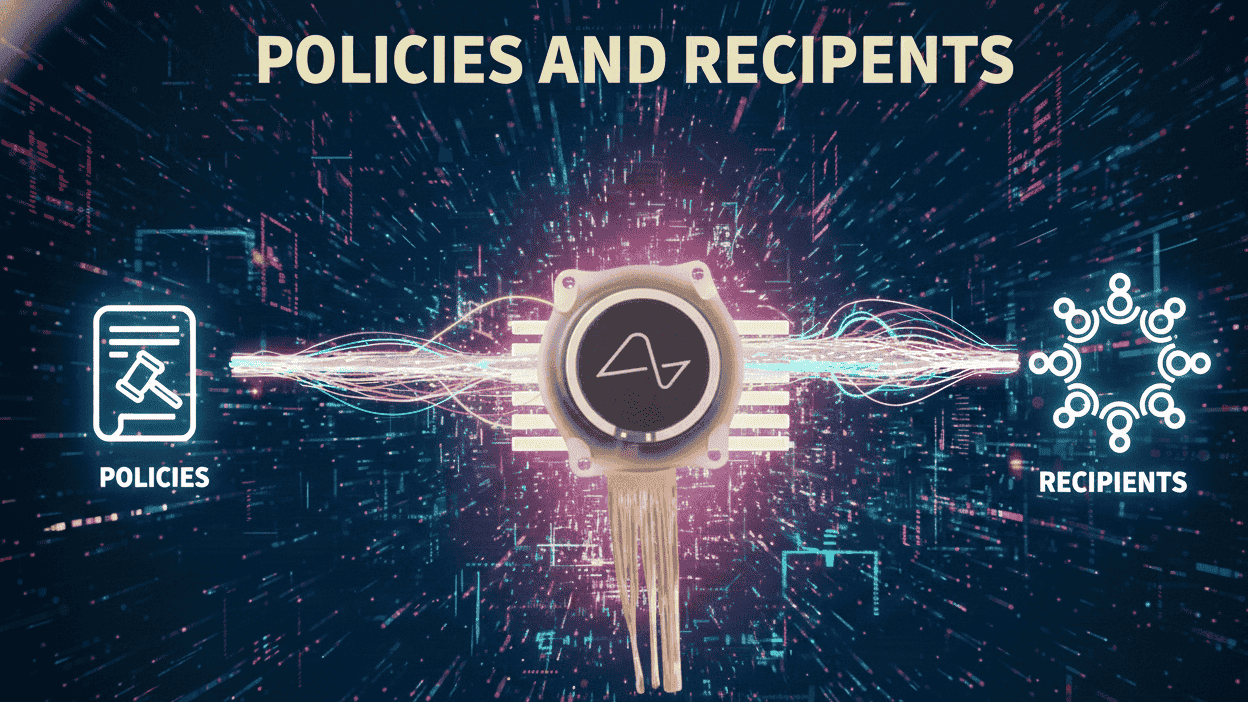- As of October 28, 2025, exactly 13 humans have Neuralink brain implants, with 10 in the United States, 2 in Canada, and 1 in the United Kingdom.
- These participants in Neuralink's PRIME and CONVOY studies have logged over 15,000 hours of device usage, controlling computers, phones, and robotic arms directly with their thoughts.
- Elon Musk's Neuralink team expects to implant dozens more by the end of 2025, building toward thousands annually as trials expand globally.
Neuralink Implant Count Reaches 13 in Late October 2025
Neuralink has implanted its N1 brain-computer interface in 13 humans as of October 28, 2025, marking steady progress in its clinical trials. This figure reflects implants across three countries: 10 in the United States, 2 in Canada, and 1 in the United Kingdom. The count climbed from 12 in early October to 13 today, driven by ongoing PRIME Study enrollments and the launch of the CONVOY Study for robotic arm control. Elon Musk's direction has prioritized safe, rapid scaling, with robotic surgeries enabling quick recoveries—often within hours.
The first implant occurred in January 2024 with Noland Arbaugh, followed by steady additions. By September 2025, Reuters confirmed 12 recipients, a milestone Neuralink highlighted in updates. Today's 13th patient joins pioneers like Nick Wray, the eighth implant and first with ALS to control an assistive robotic arm for self-feeding. These individuals, primarily with quadriplegia or ALS, demonstrate the N1's reliability through daily use.
Breakdown of Implants by Location and Study
In the US, 10 patients participate at sites like Barrow Neurological Institute in Phoenix, Arizona, and The Miami Project to Cure Paralysis. Barrow has handled multiple surgeries, contributing data now under peer review by the New England Journal of Medicine. Canadian implants—2 in total—represent Neuralink's first international expansions outside the US, approved for quadriplegic patients.
The UK's single implant went to Paul Hutchinson at University College London Hospitals (UCLH) in October 2025, showcasing seamless global rollout. All 13 fall under the PRIME Study, which targets digital independence via thought-controlled cursors and typing. Five have cross-enrolled in CONVOY, enabling physical tasks like feeding via robotic arms. Elon Musk notes these dual studies accelerate learning, with machine learning decoders improving performance weekly.
Participant diversity strengthens data: from veterans to ALS patients, each provides unique insights into long-term stability. Cumulative usage exceeds 15,000 hours, with individuals like Arbaugh logging over 100 hours weekly for gaming and browsing.
Patient Milestones and Real-World Impact
Neuralink patients achieve feats once impossible. Noland Arbaugh, Participant 1, plays games and designs independently 18 months post-implant. Alex Conley, the first to control a robotic arm, feeds himself precisely. Nick Wray microwaved meals and donned hats solo—milestones shared live on X.
Safety remains exemplary: no serious adverse events reported across 13 implants and thousands of hours. The R1 robot's precision avoids vessels, minimizing risks. Post-surgery, patients charge wirelessly and update software over-the-air. Elon Musk emphasizes biocompatibility, with threads stable months later.
Recent submissions to medical journals validate efficacy, positioning Neuralink for FDA expansions like speech restoration trials. Over 10,000 waitlist sign-ups signal demand.
Plans for Rapid Expansion Beyond 13 Implants
Elon Musk outlines aggressive growth: dozens more implants by December 2025, scaling to 20-30 annually soon. UAE and additional sites join, with Blindsight vision trials in 2026. Funding—$650 million raised—fuels this, targeting 20,000 yearly by 2031.
Future N1 versions pack 10,000+ electrodes for full-body control and AI integration. Elon Musk integrates Neuralink with xAI's Grok for instant cognition boosts and Tesla's Optimus for physical extension. Regulatory wins, like CONVOY approval, pave commercial paths.
Challenges like thread retraction—addressed via redesigns—fuel iteration. With 13 proven successes, Neuralink advances toward millions empowered.
TL;DR
Neuralink has implanted 13 humans as of October 28, 2025—10 in the US, 2 in Canada, 1 in the UK—unlocking thought control of devices for paralysis and ALS patients with 15,000+ usage hours. Elon Musk's precise execution, from robotic surgeries to CONVOY robotic arms, drives milestones like self-feeding and gaming independence. Dozens more implants loom by year-end, with speech, vision restoration, and AI symbiosis next—restoring lives today while unlocking human potential tomorrow.
